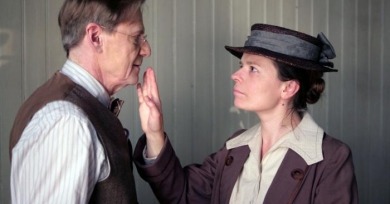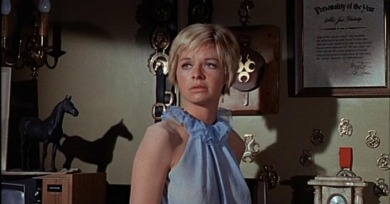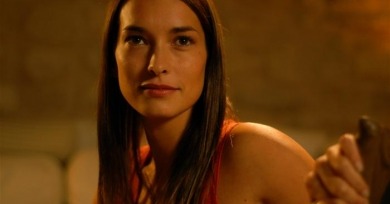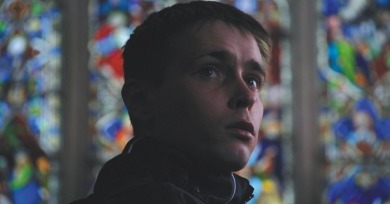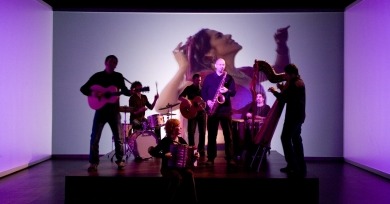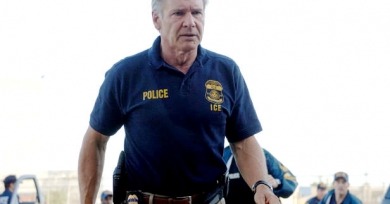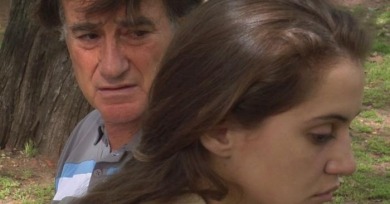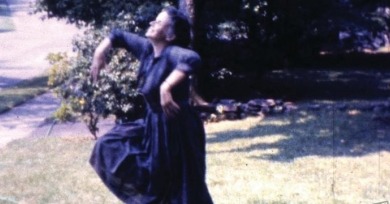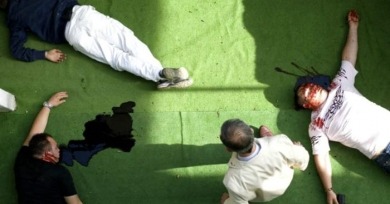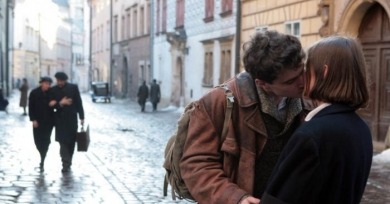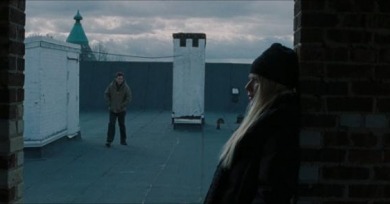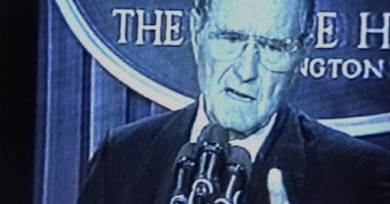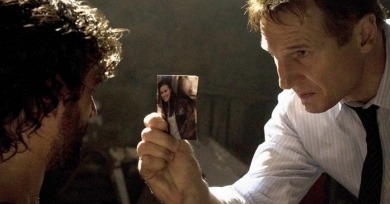Reviews
Tasking a handful of name auteurs (and occasionally some less familiar directors) with contributing short films to a portmanteau or omnibus film rarely results in a satisfying experience, more of a light buffet than a multicourse meal.
It’s a wonder that Aldrich acted so surprised when Sister George’s lengthy, Sapphic love scene infamously made it the first major American film to be given an X rating.
I’ve seen three Brisseau films now and I’m still not convinced that his work reveals much more than a desire to provoke melded to a kinda-brave, kinda-foolish willingness to expose and exalt his own fetishes.
British filmmaker Duane Hopkins studied as both a photographer and painter, and this becomes abundantly clear upon viewing his elusive and evocative debut feature, Better Things.
Adorned in oranges, purples, and golds, and unfolding on shimmering soundstages flanked by scrims and screens of varying sizes, Fados creates a universe unto itself, an enclosed festival space meant to stand in for an entire world of song.
Immigration policy, ever a divisive issue, went almost completely undiscussed in our recent election, so we should be thankful that Wayne Kramer, creator of such socially conscious fare as The Cooler and Running Scared, decided to bring his prodigious talents to bear on this national blight.
To say that Fendrik has borrowed this style from the Dardenne brothers is both to parrot the standard critical line on the film and also to tell the truth. And while handheld observational camerawork surely didn’t begin with La Promesse, the prevalence of this style in so much of what we might call “festival-circuit” cinema speaks to the brothers’ powerful aesthetic—and commercial—influence.
Documentary memoirs are getting out of hand. All too often these days what passes for nonfiction filmmaking is a training a tripod on one’s own face, and unburdening oneself with eighty minutes of babble about the motivations, misgivings, and frustrations of completing a film project.
Fifty years after creating the first cinematic account of the Warsaw uprising with Kanal—a classic that put Polish cinema on the international map—octogenarian master Andrzej Wajda offers Katyn, the first film about another WWII tragedy.
While watching a Gray movie, our powers of empathy are meant to be in full gear, and our cynicism momentarily suspended—a melodramatic imperative that has encountered its fair share of resistance from critics and audiences.
Like a stripper bounding from a child’s birthday cake, Taken, the latest lowest-common-denominator genre product from Luc Besson’s Europa Corp assembly line (Transporter, Taxi), has the ignoble distinction of being the first true Bush-era holdover to open after Obama’s inauguration.
